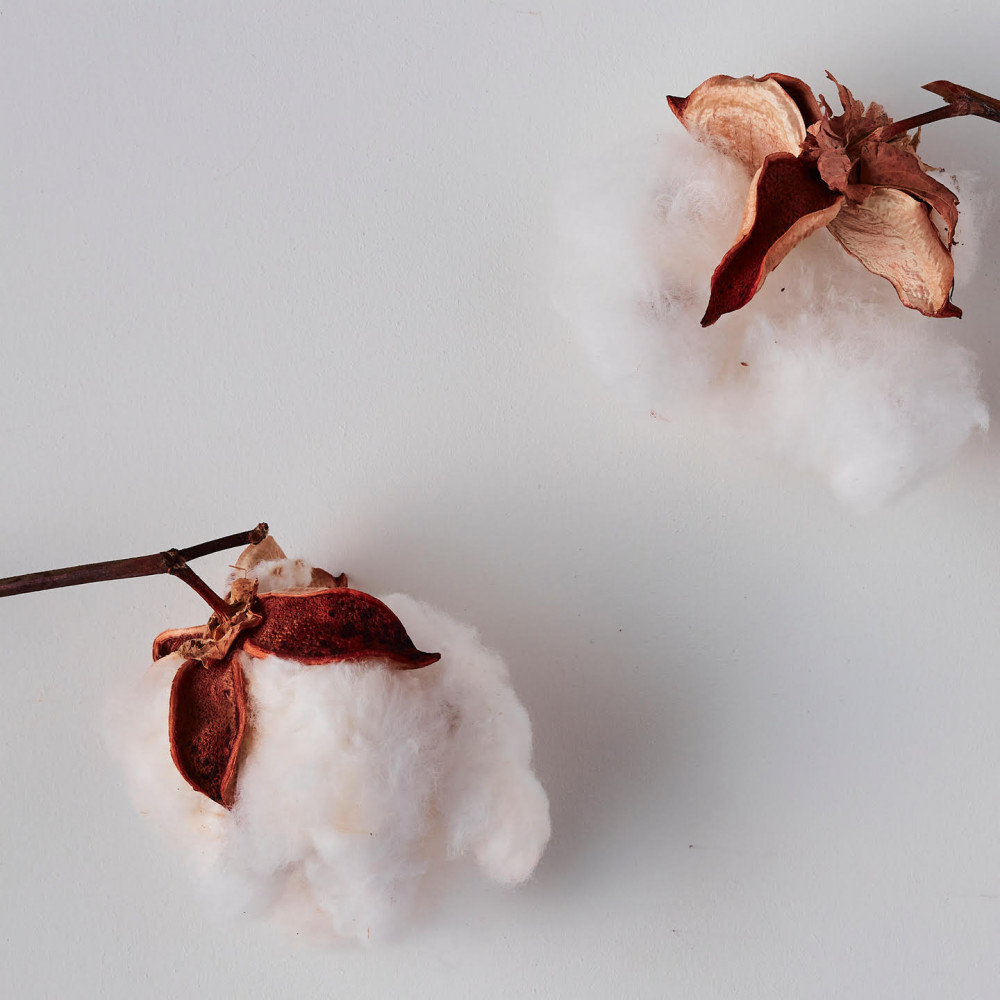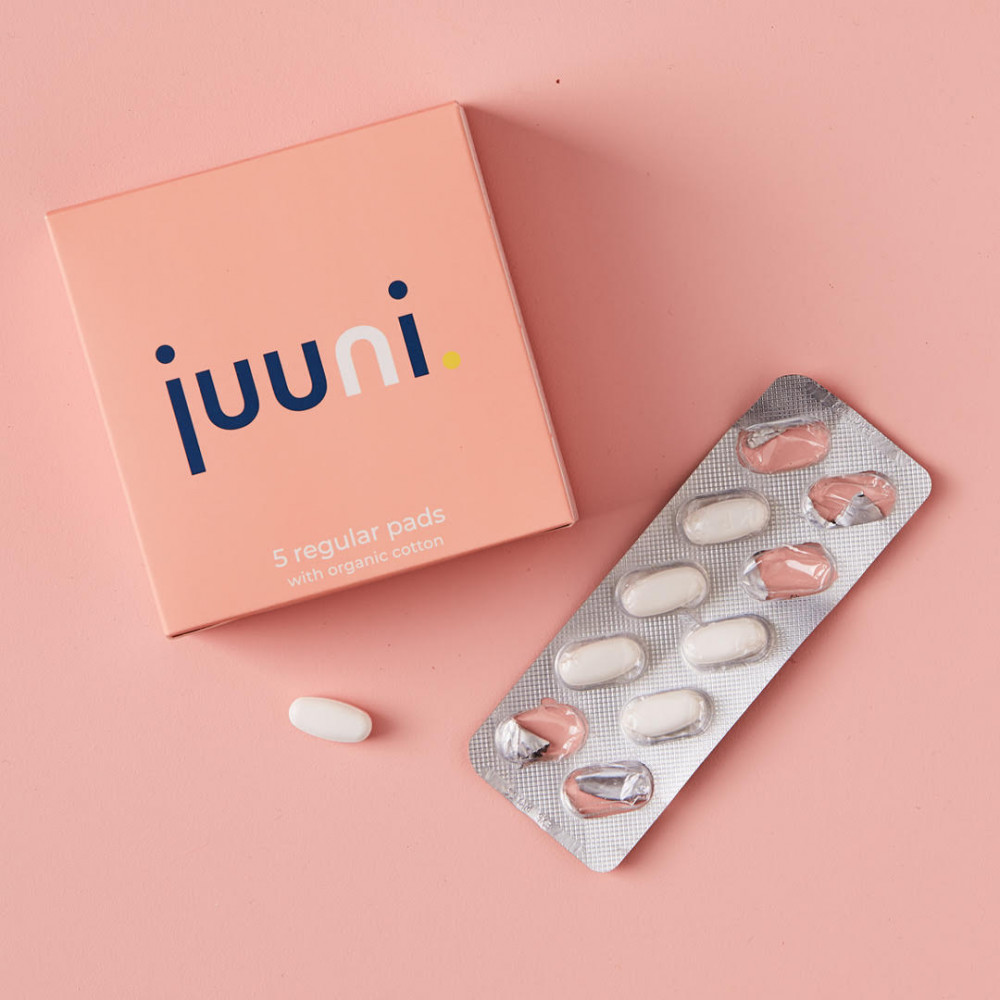Eating organic vegies, using all-natural skincare, buying into slow fashion and drinking your coffee from a reusable cup are all things many of us are doing more of, for reasons that benefit our health and our environment. So when it comes to things that are up close and personal with our vaginas, you’d think organics were a given. Here’s what we know.
What are organic period prods made of? When you see the word ‘organic’ on a box, that means the cotton has been grown, manufactured and treated without the use of genetically modified seeds, pesticides, insecticides, dyes, fragrances and chlorine. Chlorine is used as a bleaching agent, which is what makes the cotton look extra whitey white. But it hides a dark secret. Chlorine contains dioxin, an endocrine disruptor. This is linked to various health issues including endometriosis and worse.
Are they better for your body? Non-organic tampons are made from cotton grown using pesticides, and may include trace amounts of nasties like polyethylene, polypropylene and bleach. While they are approved as safe to use by the Therapeutic Goods Association (TGA), it’s not really a list of things most women would want absorbed into their bodies via that wonderful mucus membrane, the vagina. Organic products are also fragrance free, which helps to prevent irritation.
Are they better for your mind? Women who use organic tampons and pads cite peace of mind as a major motivator. When you choose 100 per cent organic, there's no wondering about what chemicals could be seeping into your body.
Are they better for the planet? Non-organic cotton is one of the world’s dirtiest crops. And while isn’t exactly a poster child for the eco-friendly, organic cotton uses far less water than regular cotton, and its production releases fewer greenhouse gas emissions, too. Organic tampons decompose much faster than conventional ones, which has all sort of eco benefits, as we discussed here.
Are they more absorbent? The TGA requires that all tampons meet the same absorbency levels, so there's no diff between brands here. Organic tampons do not remove the risk of toxic shock syndrome (TSS) because it is caused by bacteria. While there is a school of thought that the rayon component of regular tampons heightens the risk, this is unproven. You still need to change organic tampons at least every eight hours and use the appropriate size for your flow.





